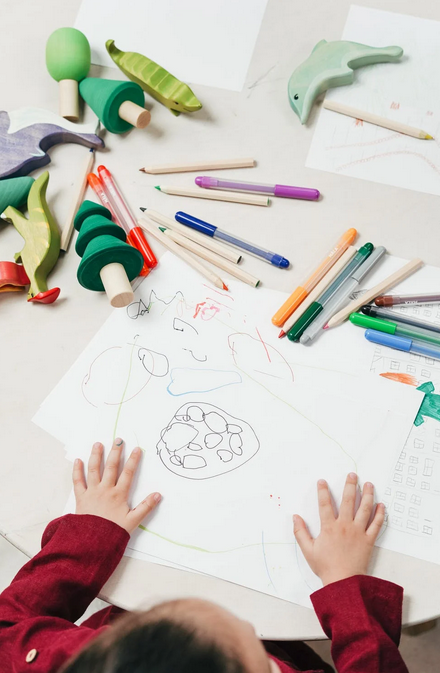Helping Children with Learning Disabilities
 According to learning disability charity Mencap, around 2.5% of children in the UK have a learning disability. This can range from very specific disabilities, such as dyslexia (difficulties with reading) or dyscalculia (difficulties with maths) to more general problems with processing information and solving problems. Only a generation or two ago, learning disabilities were seen as a stigma and, although things have improved, both parents and the children themselves may have trouble coming to terms with the disabilities. A child with learning disabilities can have a successful life — but they may need a greater level of both practical and emotional support than other children. So what can you do to help, if you have a child with learning disabilities?
According to learning disability charity Mencap, around 2.5% of children in the UK have a learning disability. This can range from very specific disabilities, such as dyslexia (difficulties with reading) or dyscalculia (difficulties with maths) to more general problems with processing information and solving problems. Only a generation or two ago, learning disabilities were seen as a stigma and, although things have improved, both parents and the children themselves may have trouble coming to terms with the disabilities. A child with learning disabilities can have a successful life — but they may need a greater level of both practical and emotional support than other children. So what can you do to help, if you have a child with learning disabilities?
Keep the Situation in Proportion
It's vital that you, as parents, not only realise that the situation isn't the end of the world, but also communicate that to your child and other members of your family. A surprising number of famous people have struggled with learning as children — Albert Einstein, for instance, didn't learn to read until he was nine.
Your child will need plenty of determination, though, and the best way to encourage that is to make it clear that you believe in them, as well as being a role model to show the importance of trying.
Become an Expert
Helping your child overcome their learning disability can't be improvised. Fortunately, there's a wealth of information out there about what you can do to help.You'll need to inform yourself about your child's learning disability, how it affects them and what kind of strategies are often successful. The biggest thing to be an expert in, though, is your child. Everyone learns in different ways and at different paces, and you need to understand your child's learning style and pacing, as well as the kinds of stimuli they respond best to.
Set Your Child Up to Succeed
It's vital to give your child the best possible chance to succeed. While the exact method will be individual, there are various types of approach that usually make this easier:
- Don't expect results overnight — take the process slowly and allow plenty of breaks.
- Every child has strengths, so focus on those, not what the child has difficulty with.
- Raise your child's self-confidence by praising the effort, even if the result isn't successful.
- Focus on helping your child learn how to learn, rather than teaching them specifics.
Be Your Child's Advocate
Your child will need a good deal of input from a variety of sources to help them manage their learning disabilities, but this won't necessarily be automatically given. Whether it's help from health or social services, ensuring the school understands their needs, or making leisure providers aware of their strengths and weaknesses, you need to advocate. This means you'll need to work on your communication skills, your empathy, your assertiveness and your patience. Whether you're explaining your child's needs or dealing with issues like bullying, you'll need to communicate clearly, calmly and assertively.
Don't Be Afraid to Seek Help
There are many sources of help and advice for parents of a child with learning disabilities. Besides health and social services professionals, there are many charities. If you child has a specific disability, there's likely to be a charity dedicated to that, while there are also more general charities such as Mencap. You may also want to get professional help for your child's education. Schools can't always focus enough on one child, while you probably aren't a professionally trained teacher. You might consider hiring a private tutor who has experience and expertise in helping children with learning disabilities. Register with TutorExtra to find out what tutors are available who could help your child rise above their learning disabilities.


